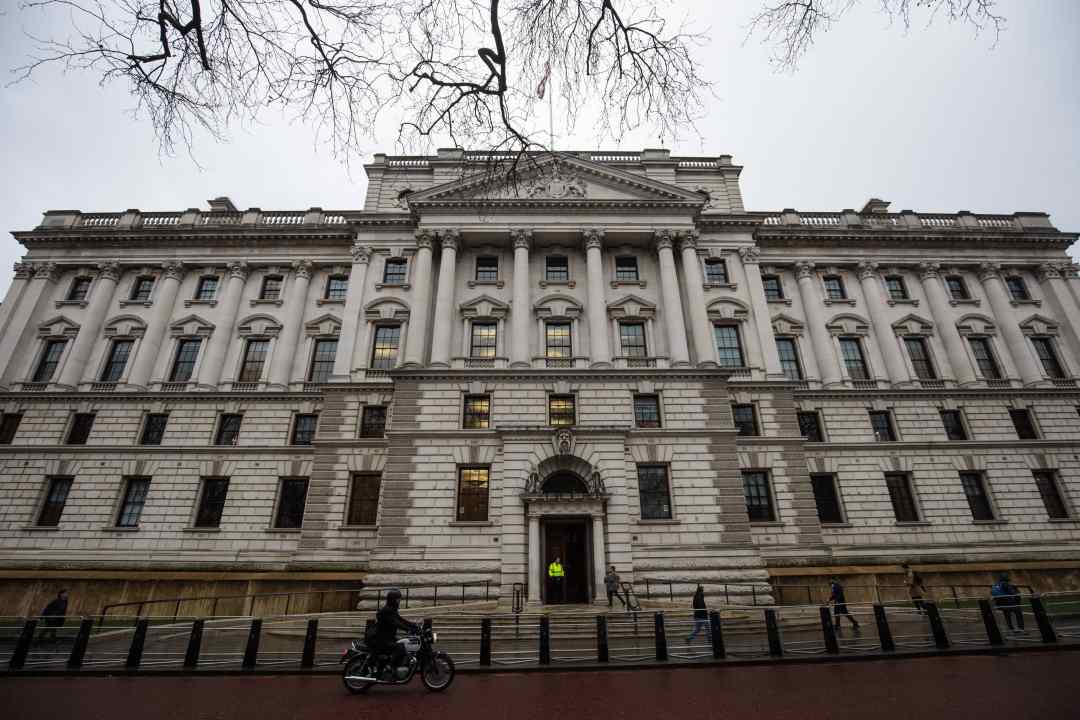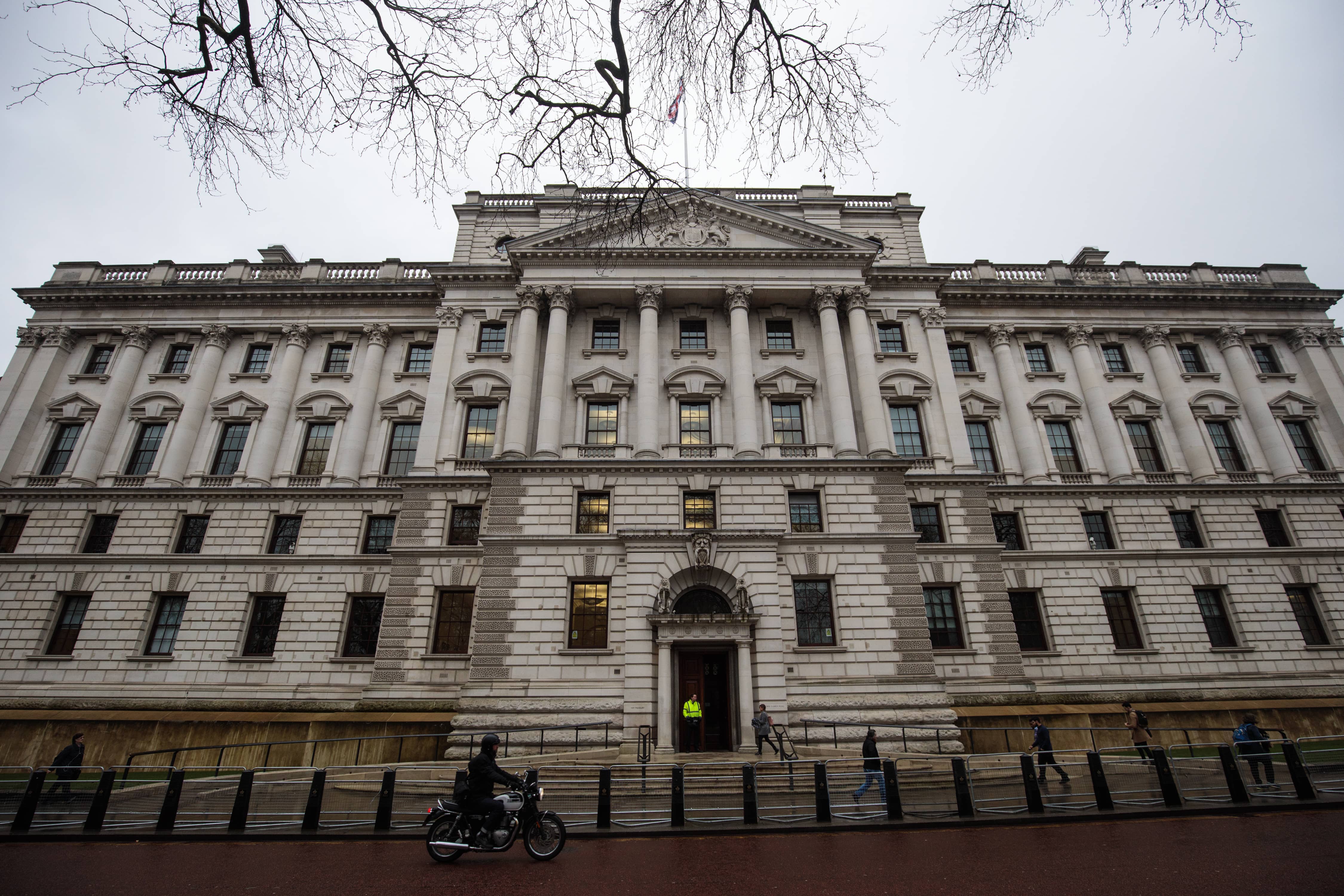It’s silly season in Westminster – the period between different parliamentary terms dominated by frivolous news stories. And while July and August have tragically been enlivened by the collapse of Afghanistan, the acres of coverage devoted to Geronimo the alpaca typified a gloriously ignoble tradition of the British press. In such circumstances, Mr S thought it the perfect time to gather together a list of the silliest reasons why Freedom of Information (FOI) requests have been rejected, ahead of a forthcoming parliamentary inquiry into how Whitehall handles them.
The FOI Act was enacted in law in 2000 by the Blair government – a decision which prompted Tony lambasted in his memoirs, describing himself as an ‘idiot’ and a ‘naive, foolish, irresponsible nincompoop.’ The law has helped expose waste, incompetence and corruption during the past 20 years, most famously being used to reveal the MPs’ scandal back in 2009. Naturally, authorities both local and national have become somewhat reluctant to comply in revealing their own inadequacies. Universities, police forces and various quangos have all resorted to stonewalling shenanigans – as the list below makes clear..
An FOI request by journalist Chris Cook was sent to the Treasury in October 2017, asking for details of the Economic Secretary’s diary. Somehow the department managed to wait more than three and a half years until May 2021 before replying with a response which claimed that the information was old, and therefore hard to find, to claim it should not be released.
As Cook pointed out, the Treasury had cited how long it had taken them to reply as a reason for why they could not actually provide an answer. A subsequent internal review by the department upheld that decision on the grounds of Cook’s delay in following up his claim – rather than the department not bothering to reply for more than three years.
Sheffield CouncilCampaigner Marcus Combie discovered in 2019 that Sheffield Council was attempting to stop emails entering the public domain via Freedom of Information requests. Senior officials did this by marking messages about the authority’s controversial tree-felling programme as ‘covered by legal privilege and not subject to FoI’ – even though this has no legal standing whatsoever. Law firm Bevan Brittan has now been brought in to investigate, with the final cost expected to cost the authority some £25,000.
The Department for Business, Energy and Industrial Strategy
In May, the department told Times journalist George Grylls ‘it does not hold’ any correspondence between David Cameron and BEIS minister Nadhim Zahawi on Greensill. The only problem? Cameron himself had released texts messages a day earlier between himself and Zahawi.
The ICO told one FOI respondent in 2019 that it would require over ‘10,000 hours worth of searching’ to manually inspect a register of car park fee payers. As the respondent pointed out, such records could in fact be found on a Raspberry Pi in a matter of minutes. In a separate incident case three weeks ago, details emerged of another extraordinary incident in which the ICO (as ‘the Commissioner’) berated itself (as ‘the ICO’) for… failing to reply to its own investigators.
The Cabinet Office
An FOI request by Times scoop-machine George Greenwood was sent to the Cabinet Office asking for documents drawn up in the event of his re-election as Prime Minister in 2010. The department initially declined the request on the basis of cost but then revealed it did not in fact have the documents on which this assumption had been made. A tribunal judge wrote of the case:
NHS TrustsIt is almost beyond belief that a public body such as the Cabinet Office can locate a document when a FOIA request is made, make decisions about disclosure, respond to the requester with the decision, but then simply lose the information.
One FOI sent to NHS Trusts in May 2020 enquired about their level of PPE stocks, following global shortages caused by the Covid pandemic. Barts Health claimed that revealing this information could quite literally kill people, arguing that:
The Trust considers that disclosure of this information would be likely to cause or worsen the mental health of members of the public if they perceived that the Trust did not have sufficient PPE… Some patients may choose not to attend hospital and therefore become gravely ill, thus resulting in death. This could undermine the Government’s public health messaging and exacerbate mental health of local communities at risk, in particular BAME.
Similarly Basildon and Thurrock University Hospitals argued that ‘the release of any information… about PPE and Covid-19 related matters has the potential to cause mental endangerment to the public.’ City Hospitals Sunderland went further and claimed that telling people how much PPE they had three months prior could prompt people to rob the hospital. This is despite the Trust having previously told the local press they had plenty of PPE.
Royal Surrey meanwhile wrote, somewhat pompously, that ‘the disclosure of the requested information could lead to under-informed speculation about its ability to deal with the current crisis, potentially affecting the Trust’s ability to continue providing safe care.’ Is it really for the Trust to make that judgement?








Comments